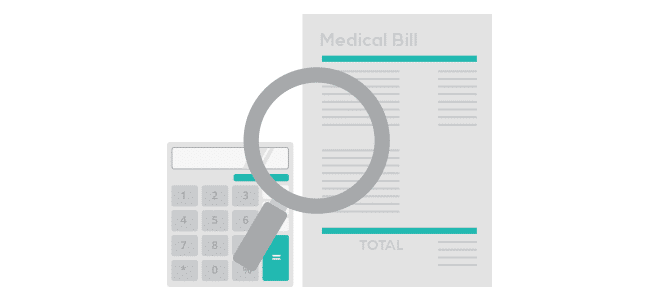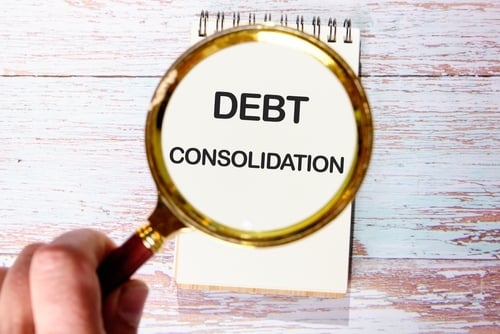Why You Want to Retire
When the subject of retirement comes up, many of us think of imagery such as a white-sand beach complete with swaying palm trees, idyllic clear water and maybe a boat parked in the background.
We think of a life of work left behind for the pale blue, the memory of the workaday grind fading into an ever-increasing distant past with each passing day of freedom. Along with the dreamy imagery, there’s almost always a discussion of money – and how much of it will be necessary to make the dream a reality. Without question, it is important to save and plan for retirement.
However, not too many of us actually examine the question of whether we’ll retire – we almost all assume retirement as inevitable. But beyond the financial considerations are other practical questions, such as what to do with all of the time we used to spend at work.
Retirement can, in fact, present some difficult life questions around meaning and purpose once work is out of the picture. And so, let’s ask the question – why retire in the first place? Why do we want to retire? Let’s take a closer look.

Freedom
There’s no question that with retirement comes more free time and the freedom to explore how to spend it. This should really be the first consideration and perhaps the primary motivation to retire – not the shadowy dream and allure of a beach or tropical island The real gift of retirement is time.
Then creativity comes into play – and how to spend that time. Maybe it involves pursuing activities that have been long put off in favor of work and career – things like reading a stack of books or writing for the first time, devoting more time to a musical instrument, travelling cross-country or volunteering toward worthy causes.
Retirement can mean having more time available for friendships and a greater focus on health and nutrition that includes exercising more and eating more carefully.
The opportunity to explore new hobbies and maybe even pursue part-time work instead of all work or no work at all. The point is, with retirement comes the freedom to design a life that is no longer work-centric but one that gradually integrates a variety of components that together lead to a balanced and more enjoyable life.
ABC
Is Work Making You Miserable?
If you are getting a little older and are unhappy with your job or career, the idea of retirement can seem very appealing. This may sound obvious – but the point of bringing this up here isn’t to encourage retirement – but to consider actively exploring whether you should be working someplace else or switching careers altogether.
Because if you’re unhappy in your job or vocation, there’s a decent chance that retirement isn’t necessarily the proper prescription. You could just need a different environment at work with different people, different responsibilities and better opportunities to grow – or maybe even just a shorter commute that makes your life less stressful.
However, the bigger question can be whether it’s time to take your skills, abilities and interests and apply them to a different field altogether that in the long-run will contribute more significantly to your happiness and well-being.
Social Security
For many years, the narrative within American culture has been that Social Security checks aren’t enough to live on during retirement. In fact, the cultural definition of full retirement age has been bumped up from 65 toward 67, and even 70, in some circles.
However, following a career during which social security taxes are extracted from paychecks in many cases for forty years or more, it is actually permissible to begin collecting Social Security beginning at age 62. Social Security checks are smaller when taken earlier, and are always dependent upon the amount paid into the fund throughout one’s career.
However, it can make sense to begin collecting earlier. Though it’s not a pleasant subject, death does come earlier for some – in fact, approximately one in seven people in the U.S. don’t live beyond fifty.

Therefore, for those with somewhat suspect health, retiring and collecting Social Security checks at as early as age 62 can make more sense. Visit to investigate what your checks could look like given your measure of contribution to date.

However, particularly as we get older and closer to the inevitable end of our lives, reminding ourselves to seize the day – carpe diem – becomes ever more important in our decision of why and when to retire.
Are You Financially Prepared for Retirement?
If the answer is yes, then that can be a valid reason to pursue the freedom – and responsibility – that come with the greater control over your time that retirement allows.
If you already have some combination of retirement accounts and money in the bank, and/or a pension and income producing assets – you very well may be set financially – especially if there are no major debts (or mortgages) looming over your shoulder.
Particularly if you’re not thrilled with your job – why toil all that much longer, in that case? Beyond the financial, this becomes a highly personal question. If you still need the purpose and meaning within your life that working and the professional environment provide, or are truly happy at work – then retirement not only isn’t necessary – it could be a really bad thing for you!

About The Author: Steven Brachman
Steven Brachman is the lead content provider for UnitedSettlement.com. A graduate of the University of Michigan with a B.A. in Economics, Steven spent several years as a registered representative in the securities industry before moving on to equity research and trading. He is also an experienced test-prep professional and admissions consultant to aspiring graduate business school students. In his spare time, Steven enjoys writing, reading, travel, music and fantasy sports.
Get Debt Relief
Speak with licensed debt specialists dedicated to guiding you toward financial stability every step of the way.

Ready To Get Started?
See if you qualify for debt relief. Get a Free savings estimate to see how quickly you can be debt free.
Embrace financial freedom with our tailored solutions, expert guidance, and unwavering commitment to your success.
Experienced Professionals
Our experienced team has helped thousands of clients successfully eliminate debt and regain financial freedom.
Customized Solutions
We know every financial situation is different, so we design personalized debt relief plans to fit your specific needs and goals.
High Success Rate
Our proven debt relief strategies deliver real results. With a strong track record of success, we help clients achieve lasting financial stability.
Confidential Consultation
Your privacy is our priority. All debt relief consultations are 100% confidential and handled with the highest level of discretion.
Explore other blogs











